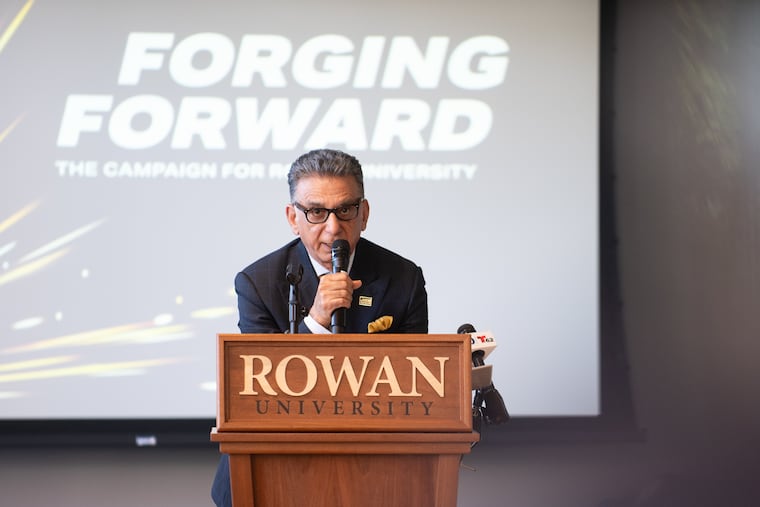Mikie Sherrill, who previously sponsored a TikTok ban, is now using the app; here’s the reasoning behind her decision.
In a notable pivot for U.S. Representative Mikie Sherrill, the New Jersey gubernatorial candidate has recently taken to the social media platform TikTok, despite her history of advocating for a ban on the application. Sherrill, who sponsored a legislation aimed at restricting TikTok due to national security concerns associated with its parent company, ByteDance, is now leveraging the platform to engage younger voters in her campaign.
As she navigates a competitive Democratic primary, Sherrill has distinguished herself from her peers by actively engaging with social media influencers across several platforms, including Instagram, YouTube, and Substack. Her campaign strategy includes hosting interactive sessions like “Ask Me Anything” on Reddit, showcasing her commitment to connect with constituents in contemporary, relatable ways. It was only recently that she committed to engaging with TikTok users herself, despite her campaign’s initial reluctance to join a platform she has previously scrutinized for its addictive algorithms and potential adverse effects on mental health.
In her initial TikTok posts, Sherrill articulates her motivations, emphasizing the need to connect with voters where they are, while also addressing issues pertinent to her campaign, such as online safety. Her approach underscores a broader trend among political candidates who are recognizing the significance of digital engagement in modern campaigning.
Sherrill’s collaboration with prominent TikTok influencers has allowed her to tap into a younger demographic eager for relatable political discourse. John Walsh, an influencer known for his impersonations of former President Donald Trump, endorsed Sherrill’s TikTok engagement, highlighting the potential for her message to reach voters who may be unaware of the candidates’ platforms ahead of the upcoming primary scheduled for June 10.
Other Democratic contenders in the gubernatorial race, including Newark Mayor Ras Baraka and New Jersey Education Association President Sean Spiller, have adopted varying approaches toward TikTok as well. Baraka’s campaign established a presence on the platform late last year, while Spiller has garnered support through a super PAC that has been actively engaging audiences via TikTok content.
Sherrill’s campaign reflects a crucial shift in the landscape of political engagement, as candidates increasingly adapt their strategies to resonate with younger populations and exploit the vast reach of social media. As she continues to cultivate her online presence, the effectiveness of her digital strategies in influencing public perception remains an area of keen interest leading up to the Democratic primary.
This evolution in Sherrill’s campaign underscores a larger trend in political communication where social media platforms are no longer optional but rather essential tools for reaching and mobilizing voters. Embracing TikTok, regardless of her legislative stance, positions Sherrill to engage with younger constituents more effectively in New Jersey’s highly competitive political landscape.
Source: Media News Source







